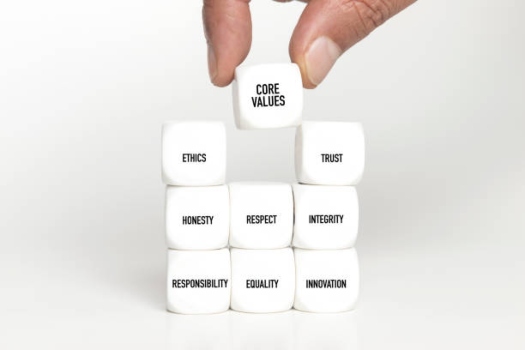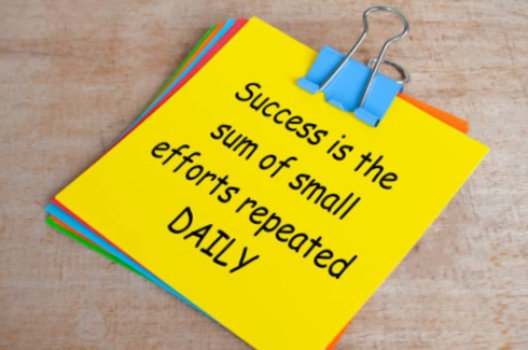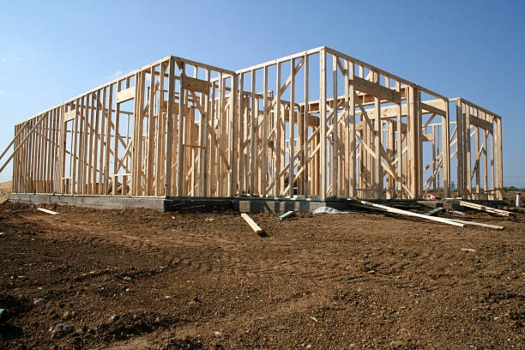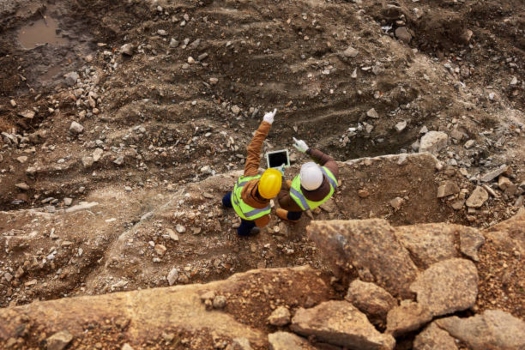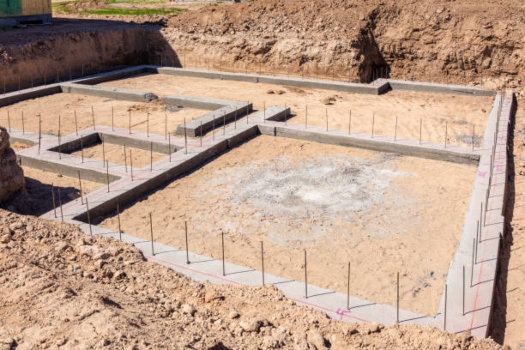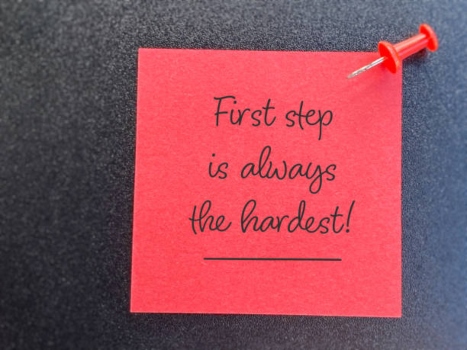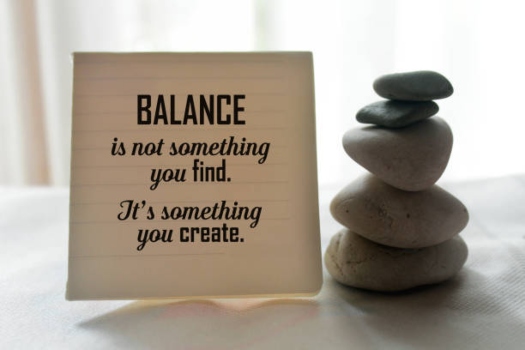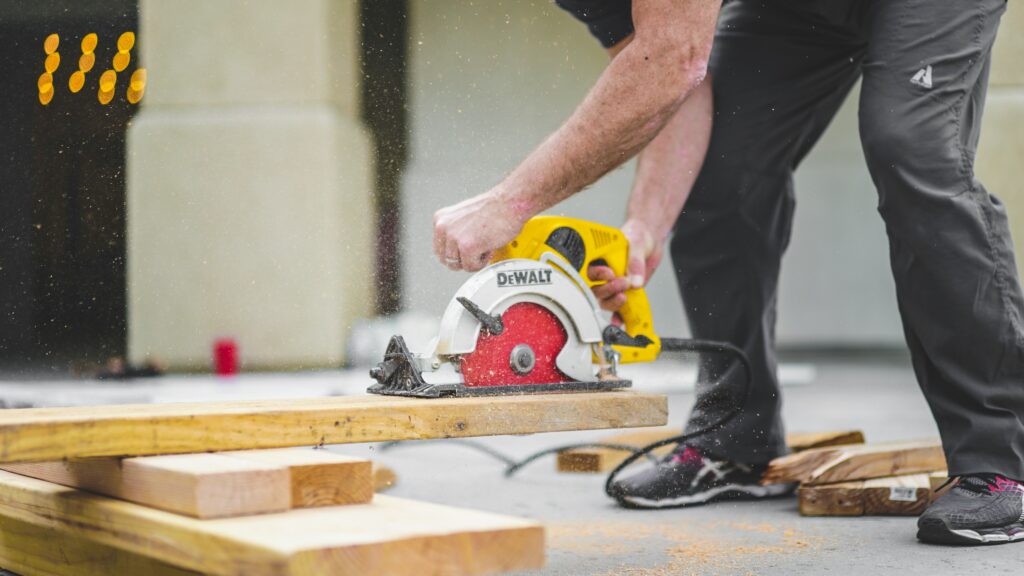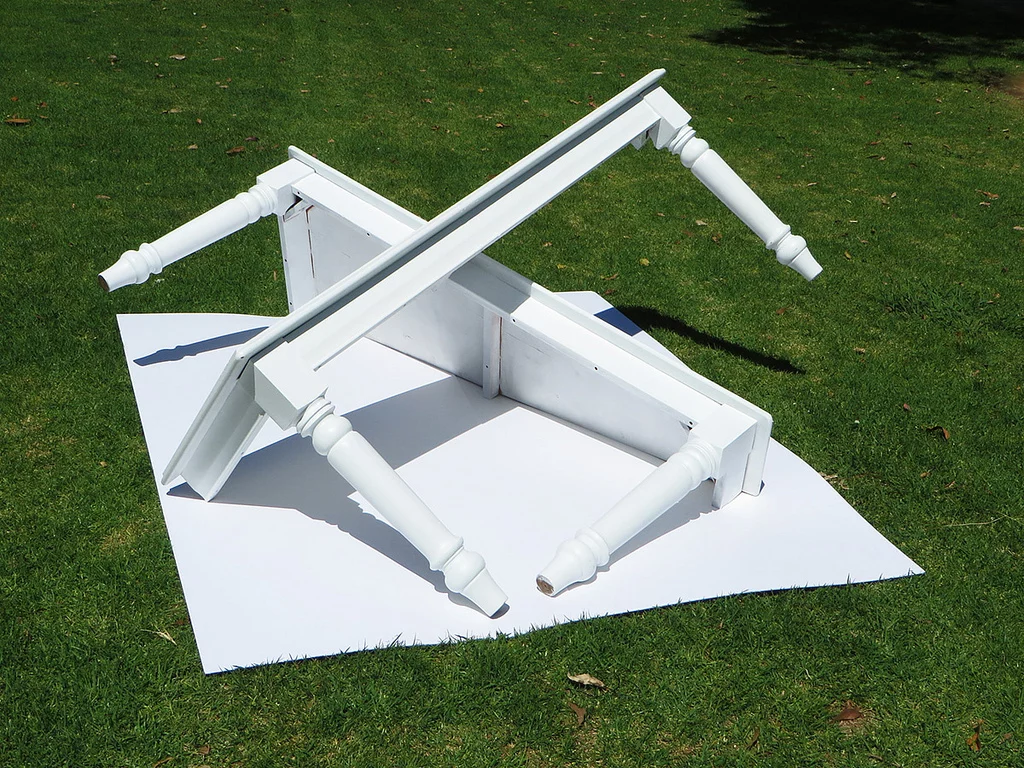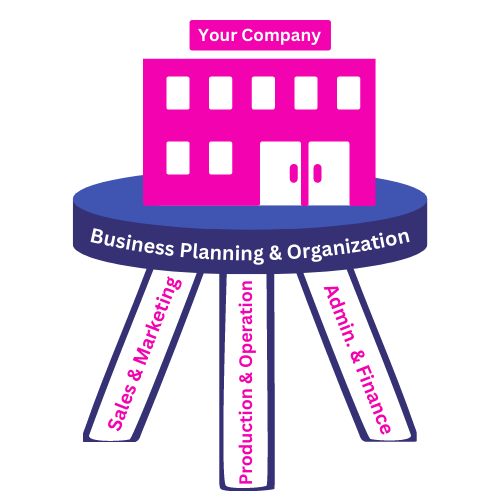Learn from the Past, Look to the Future, Live in the Present
As we are rapidly approaching the end of another year, I’m beginning to think about what things I can do to make my business better. There are things that we know we need to do and have been putting off.
Life is busy, especially at this time of year.
Looking back can be disappointing and discouraging if things haven’t gone as you planned.
Going forward we can do better. But this requires being intentional and taking action.

While thinking about areas where I fell short and opportunities I missed or ignored, I was reminded of the Hallmark Christmas movie, A Shoe Addict’s Christmas. Its story is similar to A Christmas Carol.
In this movie a woman, Noelle, accidently gets locked in the department store where she works. While waiting to be rescued, a quirky woman named Charlie appears. Over the next few days, Charlie—a guardian angel—helps Noelle rediscover the life she has been avoiding, by visiting Christmases past, present, and future.
We’ve all had situations that we can look back on and wish we had done things differently.
We can’t change the past, but what we do today will affect the future.
In the movie, Charlie tells Noelle a story about a man caught in a snowstorm.
It goes like this: there was man who was out in the snow, and someone came by in a sleigh and offered him a ride. The man refused. He said, “God will take care of me”. Later, as the snow continued to get deeper, another man in a sleigh came by and offered to help. Once again, the man refused, “God will take care of me.” The next time a sleigh came by, the snow was up to the man’s chin. For a third time the man declined the help and said, “God will take care of me.” Then, when the man goes to Heaven, he asks God why He didn’t save him. God answers, “I sent three sleighs, and you ignored them all.”
Too often we ignore the sleighs that God sends us.

As long as we’re still alive, even if we’ve missed or ignored sleighs in the past, it’s never too late to get on the next one. It is up to us to decide.
“God moves mountains to create the opportunity of His choosing. It is up to you to be ready to move yourself,” The Traveler’s Gift by Andy Andrews.
If you don’t want to get buried in the snow, you need to shovel what you can, when you can, and take the sleighs when they come along.
In business, a sleigh could be learning from someone with more experience, or it could be using systems and processes that will provide you with the tools you need to build a better business.
Learn from the past, look to the future, live in the present.
One such sleigh that could help you get out of your snow drift is a construction proposal system designed specifically for your business. We’re currently offering a free, customized construction proposal system to one lucky winner.

Here’s what you’ll win:
- Custom System: Built to match your unique business needs
- Digital Tools & Templates: Easy-to-use resources to save you time
- 1-on-1 Coaching: Weekly sessions to guide you step-by-step
- Follow-up & Reviews: Stay on track with ongoing support
If you or someone you know would benefit from having a proposal system…










